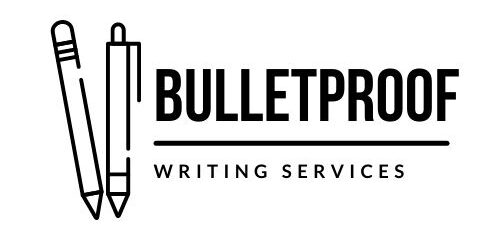
Writing is a journey, whether you’re working on a magazine or a manuscript. As with any journey, you need a strategy, time, supplies, and support to make your adventure successful and enjoyable. So how does that translate to writing and editing? Think about how you invest in your piece. Those investments fit into four categories: social, physical, temporal, and financial. No matter which stage of the process you’re in, your writing journey requires investments from you. Are you making the most of them?
Social Connections
There’s an idea floating around that writing is a solitary profession. In theory, you could write books and articles and publish them solo. But that’s not realistic.
Getting advice or feedback from a writing coach or critique group can help you solve problems, tackling anything from writer’s block to gaps in your research. Small businesses often have at least one or two people who handle communications. They’ll share resources and work on ideas with other employees or members of their network.
And no matter what type of writing you do, there’s a conference for you. Biography, creative content, small business communications, poetry, journalism—you can connect with other writers in your field. Building a support network is crucial. Eventually, you’ll have a question. You’ll want to cross-promote your publication or share an email list. Investing in relationships early on will help make that happen. Even if you’re an introvert and you’ve put it off, it’s not too late. Be authentic and kind, and start by reaching out to just one person or group. It’s an investment you won’t regret.
Physical Setup
Writers need stuff. A laptop, legal pads, your favorite coffee mug, a desk, that cute planner, or fun sticky notes—we all need something to help us get words on the page and stay organized. Even the most minimalist person needs a way to record their story.
Invest in what will help you stay focused, be creative, become more efficient, or grow as a writer. For me, that meant purchasing noise-canceling headphones last November. Before that, it was screen wipes and a cordless mouse. This year, I’m buying new educational resources. Each purchase either helps me use my time, space, or equipment more efficiently or fosters creativity and education.
Temporal Requirements
Your biggest investment, by far, is time. From your initial idea to marketing your finished publication, you’ll need to build room in your schedule to make your publishing goals happen. Every stage needs your attention:
- Creating quality content requires more than a ChatGPT prompt.
- Deciding on a publication strategy demands research.
- Editing takes time to both perform and review the revisions.
- Formatting and layout call for learning about trim sizes and graphic design.
- Marketing means you’ll need to spend time promoting at book events, connecting on social media, working on your email list, or networking with clients.
Many authors and small businesses struggle here. There just aren’t enough hours in the day to tackle all these tasks. Believe me—I know how you feel. As a writer and solopreneur, I know it’s tough to get it all done. Forming partnerships, outsourcing, or creating efficiencies will help us reclaim our time.
Financial Matters
Money matters, regardless of your industry or genre, and budgets are a genuine concern. But the great thing about financial investments is that they’ll create opportunities in your other three investment categories. That’s why it’s important to evaluate your prospects. Which investments are likely to lead to the best returns? Are you making the most of the investments you’ve already made?
For example, hiring an editor comes with many benefits. They’ll help you create a stronger piece, and you’ll also get to talk with your editor, ask questions, and learn about other resources to help you grow. Plus, you’ll make two temporal gains:
- While your editor is working on your files, you’re free to focus on other areas.
- Your editor will teach you how to write or revise more effectively and efficiently, saving you time on future projects.
But you have to engage in the process and ask questions. Is there a revision you don’t understand? A comment in your manuscript or a note on your editorial report that you’d like to discuss? Is there an area you’re struggling with or would like additional resources on? Your editor may not know if you don’t speak up. It’s no secret that editing comes with a price tag. Make the most out of your investment and learn everything you can from your editor, whether you work with me or someone else. Ask us questions! Editors are generally friendly, and we’re happy to share what we know.
Takeaways
Writing and publishing require four types of investments: social, physical, temporal, and financial. The two outlays writers struggle with most are time and money. Make the most of your writing journey by maximizing each of your investments, using one opportunity to create or support another. Working with an editor ticks the box for each investment category, so when you’re ready to bring a professional editor into your network, contact me! I’d love to learn more about your writing project and show you how partnering with me is an investment that pays dividends.
